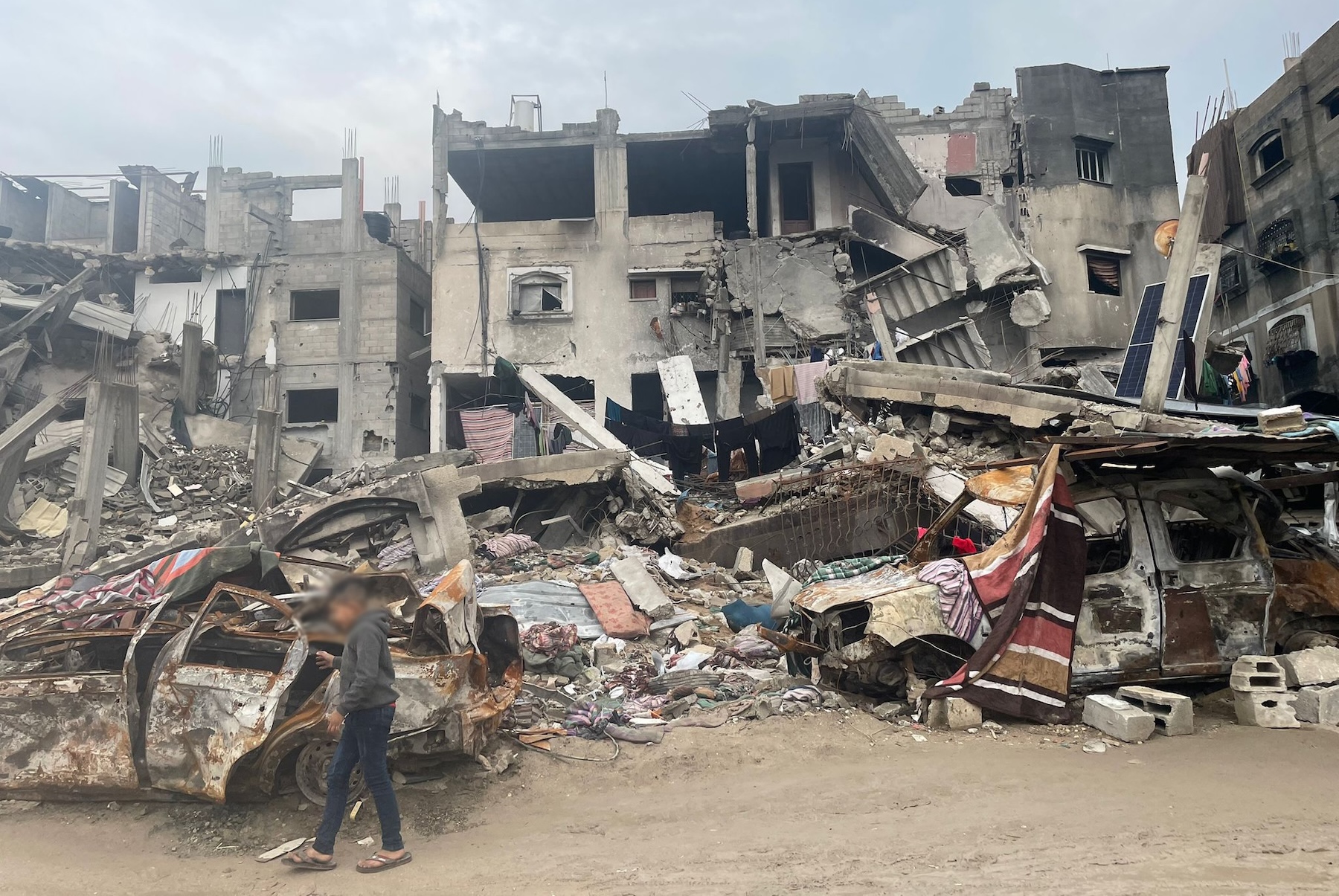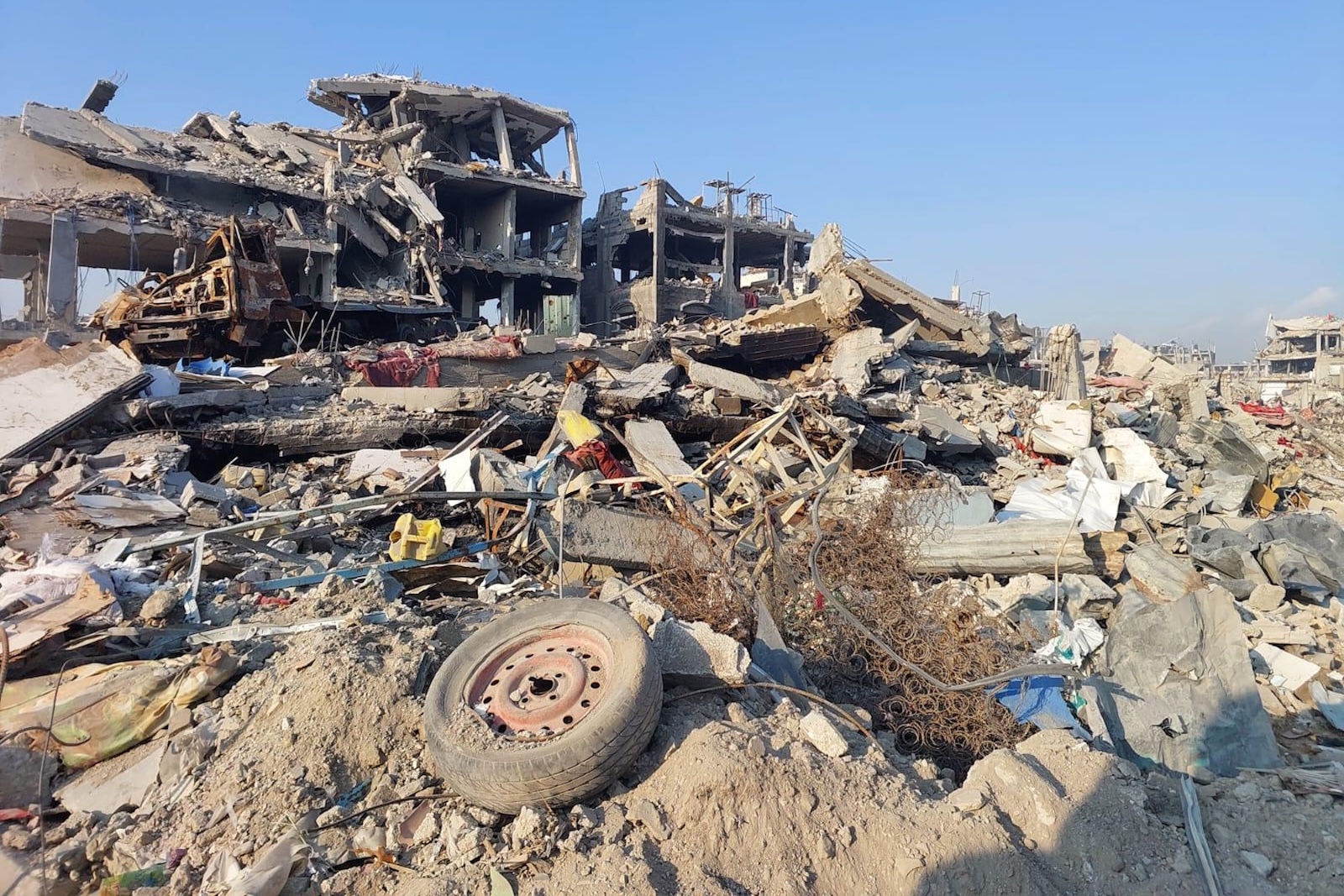

GAZA, 29 MAY 2025 – The delivery of humanitarian aid must be safely accessible and based on need, said Save the Children amid mounting concerns over reports of chaos and killing in Gaza at militarised zones to which civilians were forced to travel to collect desperately needed supplies.
Ahmad Alhendawi, Save the Children’s Regional Director for the Middle East, North Africa and Eastern Europe, said:
“Humanitarian aid must be safe, impartial, and based on need, not accessed through facial recognition, biometric screening, or under the watch of armed personnel. There is nothing humanitarian about what we are seeing in Gaza.
The corralling, fencing in, and concentration of civilians in one place is incredibly dangerous, especially in a war where civilian spaces, including homes, shelters, schools, and hospitals have been repeatedly bombed. Families are left with an impossible choice: stay put and starve, or risk being shot or bombed trying to reach supplies needed to survive. Aid must not be turned into a tool of control rather than relief.
People in Gaza are being forced to take the unimaginable risk of walking directly toward the very violence they’ve spent 20 months trying to escape. This isn’t access to humanitarian aid; it’s an obstacle course towards and filled with danger, excluding those who need help most.
This model of aid delivery is dehumanising, undignified, unsafe, and completely un-humanitarian.
Under this new system, civilians must walk into heavily armed zones to collect food or basic supplies under the watch of armed personnel, turning what should be a moment of relief into a terrifying, high-risk experience. The constant presence of guns at distribution points highlights how unsafe and unhumanitarian this aid model truly is.
In most cases, it’s men who take on this task because of the physical demands of both walking long distances and carrying heavy boxes back to their families. But men in Gaza face added dangers, including the risk of being detained at checkpoints. This system also risks excluding those most in need: elderly people who cannot walk, children who have lost their parents, and those with injuries from the war.
Save the Children is on the ground in Gaza, as we have been for decades, ready to deliver lifesaving aid alongside our partners using a detailed, operationally sound plan. We have the supplies, including the right kind of nutrition support for the over 70,000 children under the age of five at risk of malnutrition as well as specialised medical supplies needed for children. We have the systems. What we need is safe, unimpeded access. Let us do our jobs.”
Ms. Kalina Tsang, CEO of Save the Children Hong Kong, stated:
“The deteriorating situation for children in Gaza is heartbreaking. The international community must ensure that humanitarian aid can reach those most in need without obstruction, especially children who are on the brink of danger, starvation, and disease. We urge all parties to take immediate action to prioritise the protection of children’s lives and well-being, ensuring they can receive the support they need in a safe and dignified environment.”
